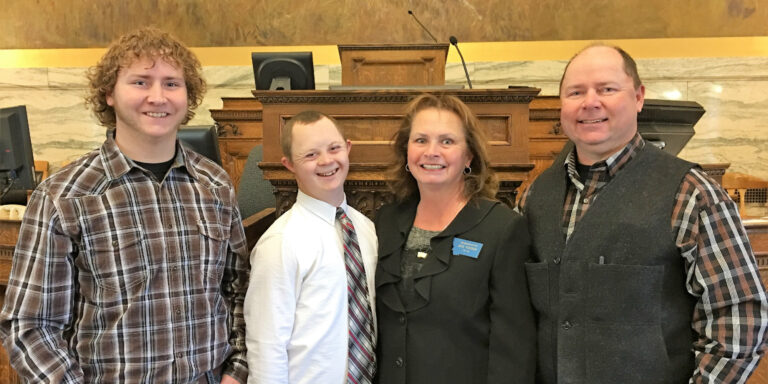West Virginia
Constitutional Provisions on Education
Compelled Support Clause
“[A]nd the legislature shall not prescribe any religious test whatever, or confer any peculiar privileges or advantages on any sect or denomination, or pass any law requiring or authorizing any religious society, or the people of any district within this State, to levy on themselves, or others, any tax for the erection or repair of any house for public worship, or for the support of any church or ministry, but it shall be left free for every person to select his religious instructor, and to make for his support, such private contract as he shall please.” West Virginia Const. Art. III, § 15.
Case Law Relevant to School Choice
Cooper v. Board of Education, 478 S.E.2d 341 (W. Va. 1996)
The West Virginia Supreme Court held that the 14th Amendment’s Equal Protection Clause was not violated when the state stopped transporting private school students at public expense. The state may treat public and private school students differently when allotting state education funds if it has a valid financial reason for doing so.
Janasiewicz v. Board of Education, 299 S.E.2d 34 (W. Va. 1982)
Acknowledging changes in federal Equal Protection jurisprudence, the West Virginia Supreme Court held that failing to provide transportation to private school students was not a violation of the 14th Amendment. However, the court reaffirmed its earlier conclusion that school boards were required by statute to provide either transportation or an equivalent stipend to private school students and that doing so did not constitute a violation of the First Amendment and West Virginia’s Compelled Support Clause.
State ex rel. Hughes v. Board of Education, 174 S.E.2d 711 (W. Va. 1970), cert. denied, 403 U.S. 944 (1971)
The West Virginia Supreme Court held that a county school board’s refusal to transport Catholic school students on its buses violated the provisions of a West Virginia statute requiring it to transport “all children of school age.” It then went further and held that the school board’s policy deprives Catholic children and their parents of their right of religious freedom in violation of the provisions of the First Amendment and even more clearly in violation of the comprehensive provisions of the Compelled Support Clause.
Gissy v. Board of Education, 143 S.E. 111 (W. Va. 1928)
The West Virginia Supreme Court required a public school board to reimburse parents who complied with West Virginia’s mandatory education statute by sending their children to a private, parochial school because no public high school existed in their district. The school board had argued that it was only required to reimburse for public school tuition.
Questions on Constitutionality of School Choice in West Virginia?
Contact Leslie Hiner at 317-681-0745 or leslie@edchoice.org.



